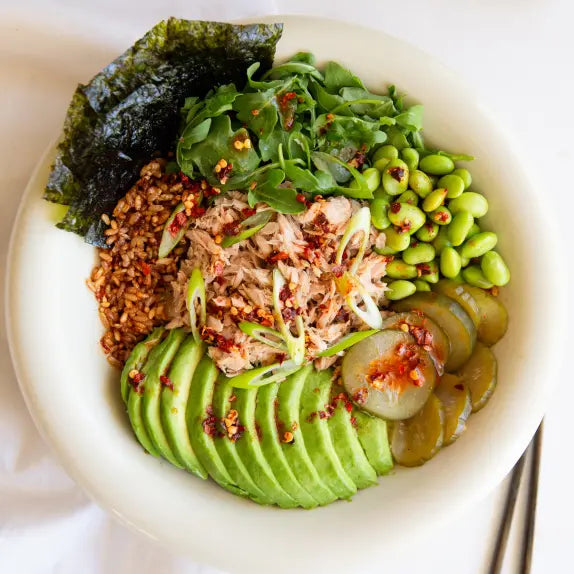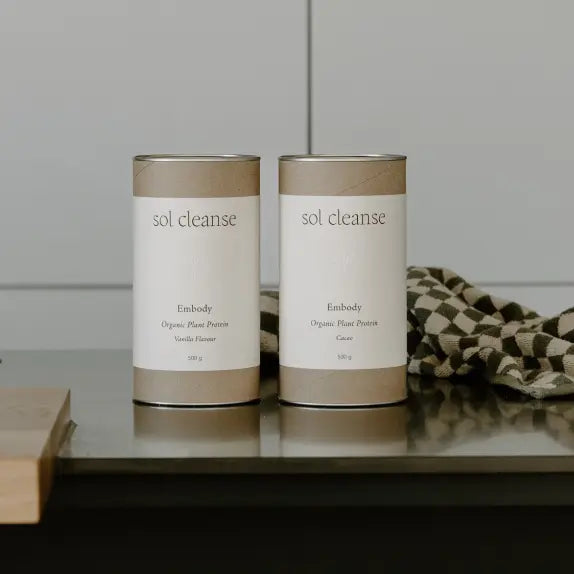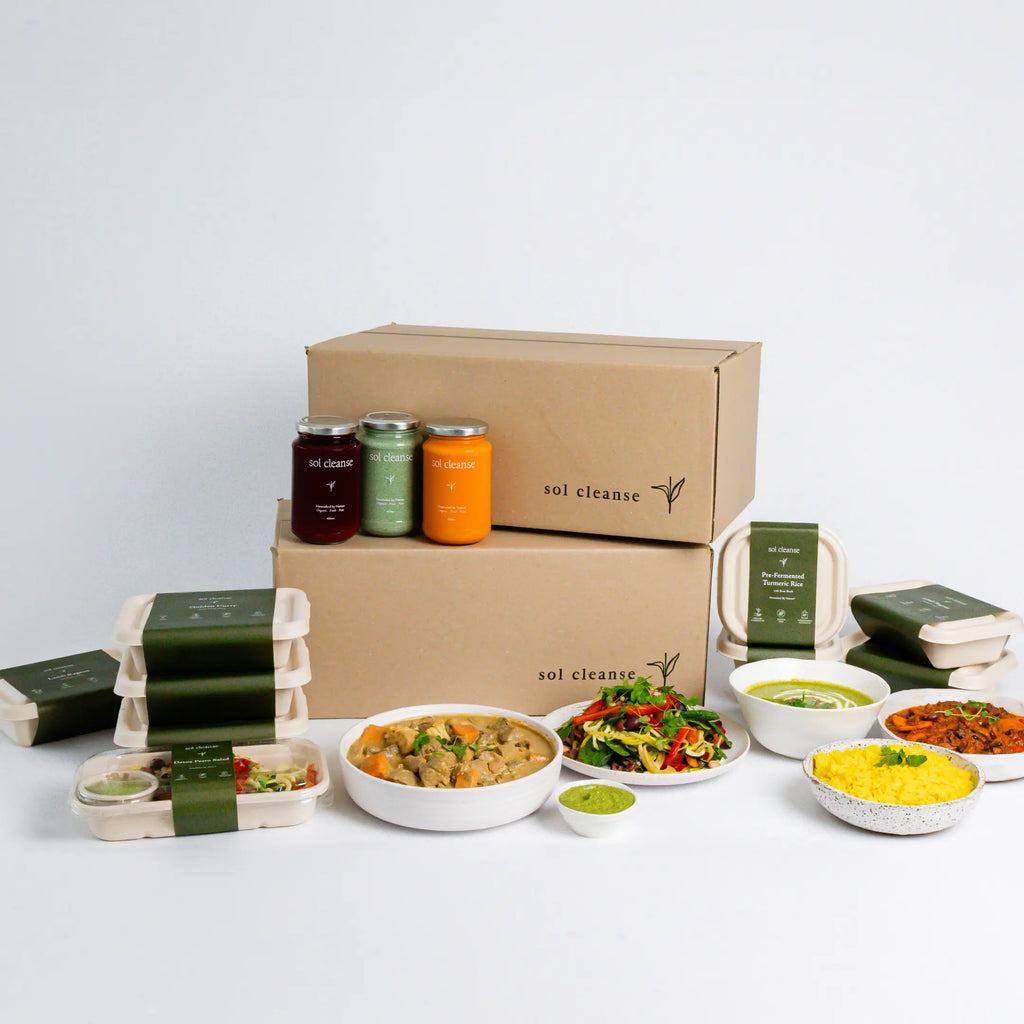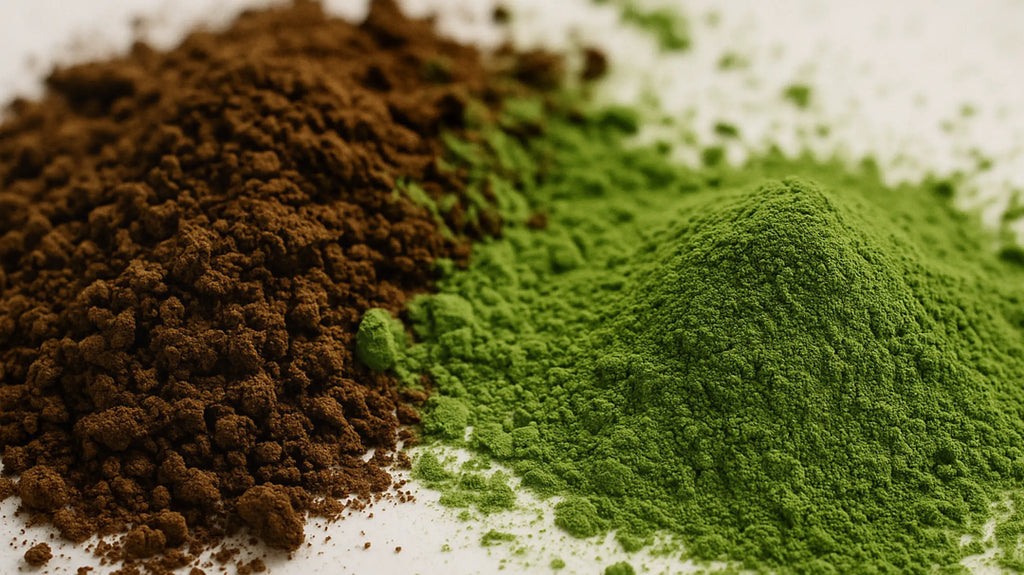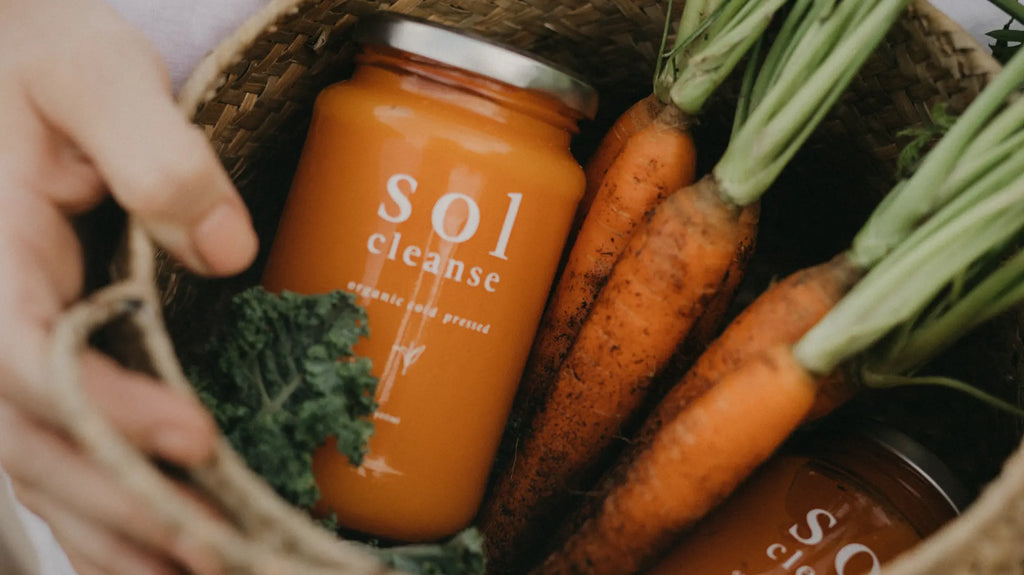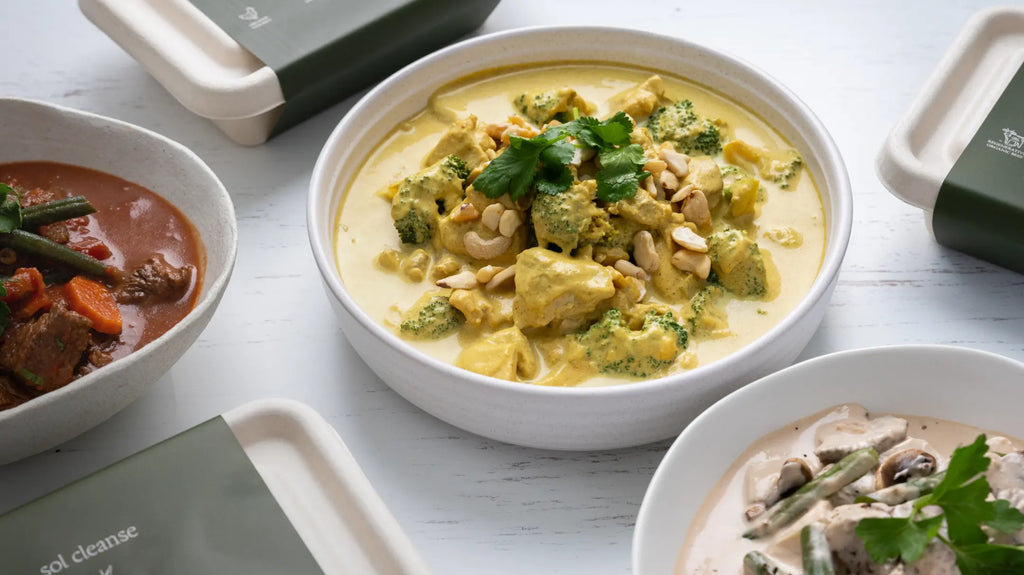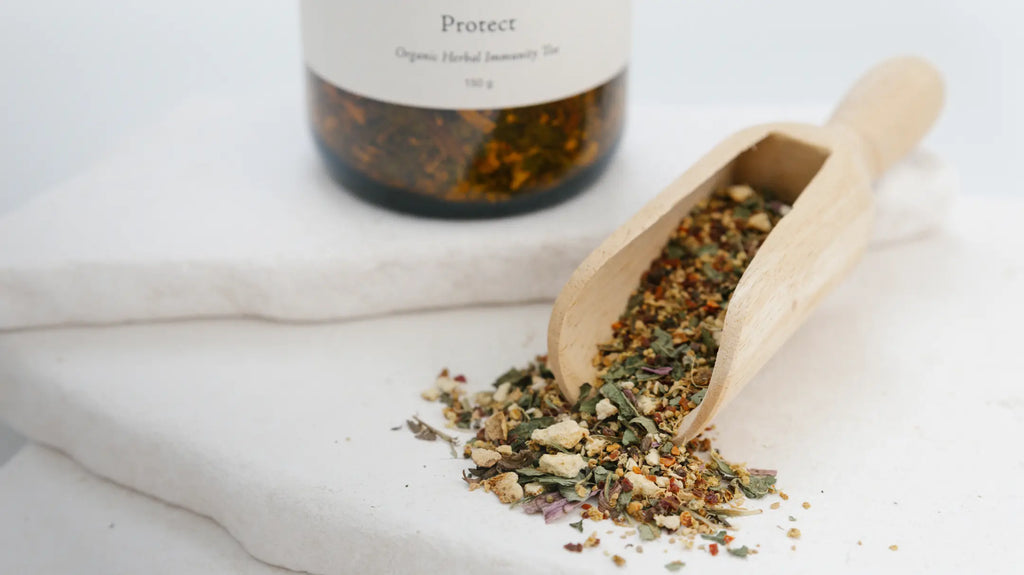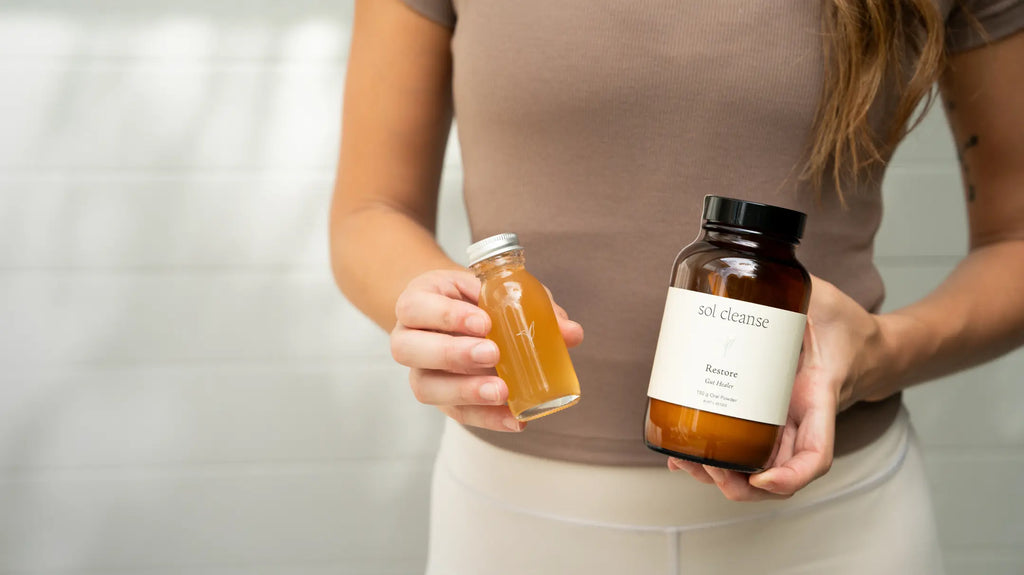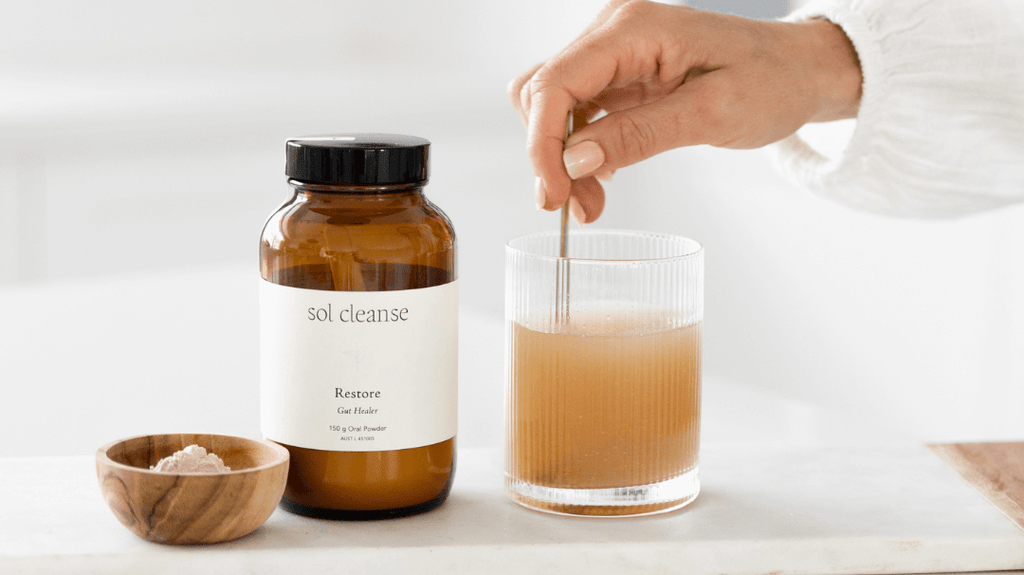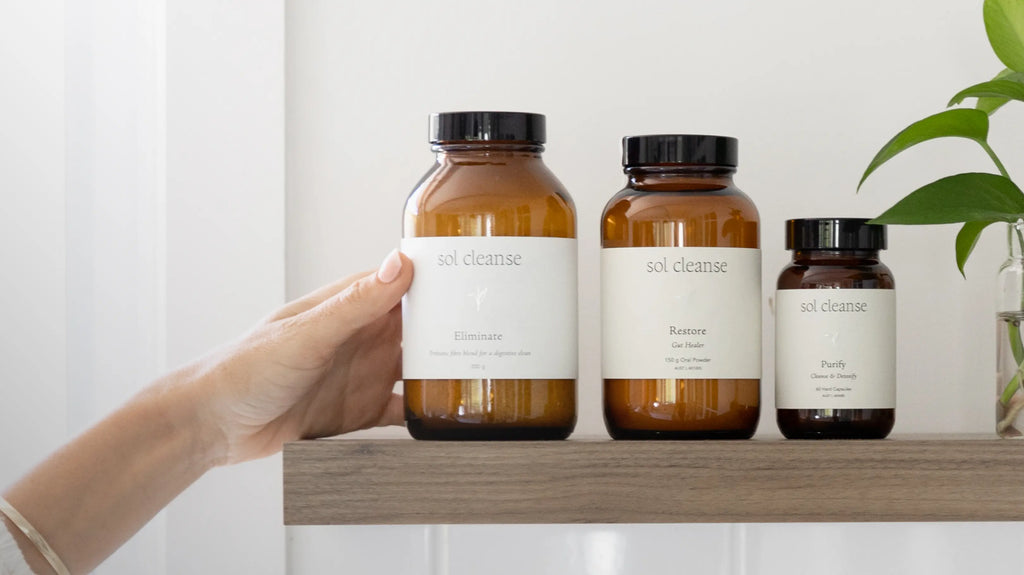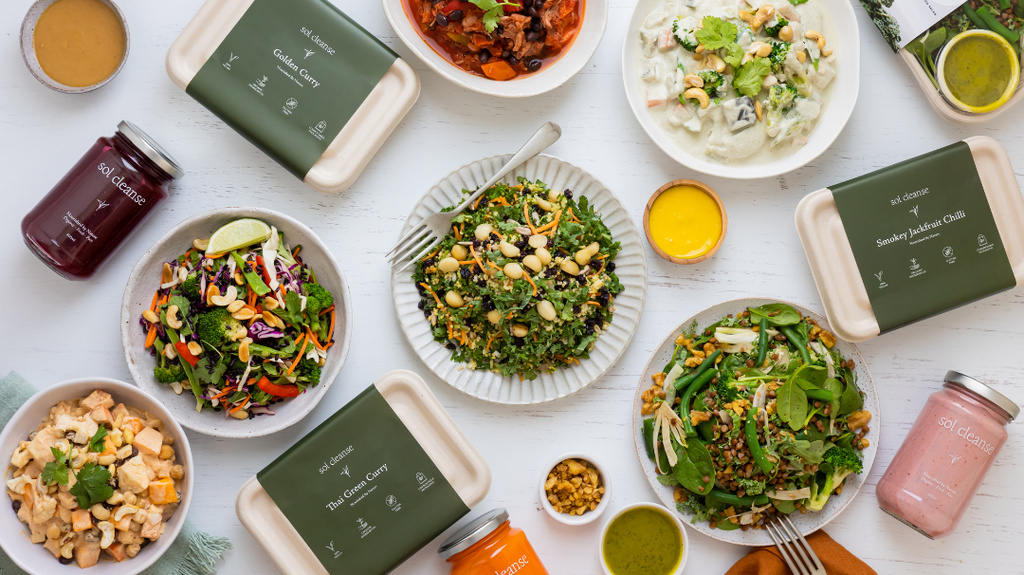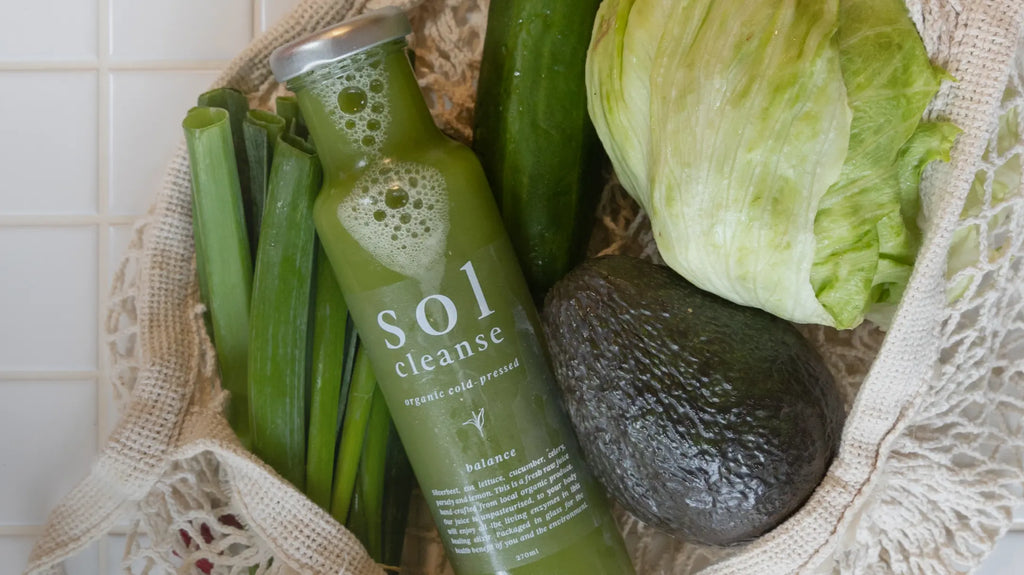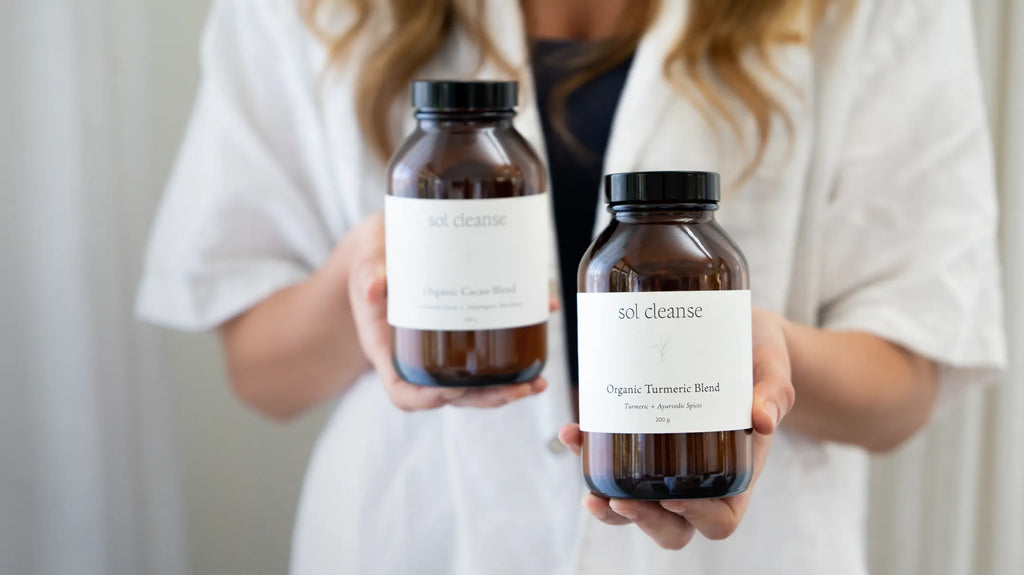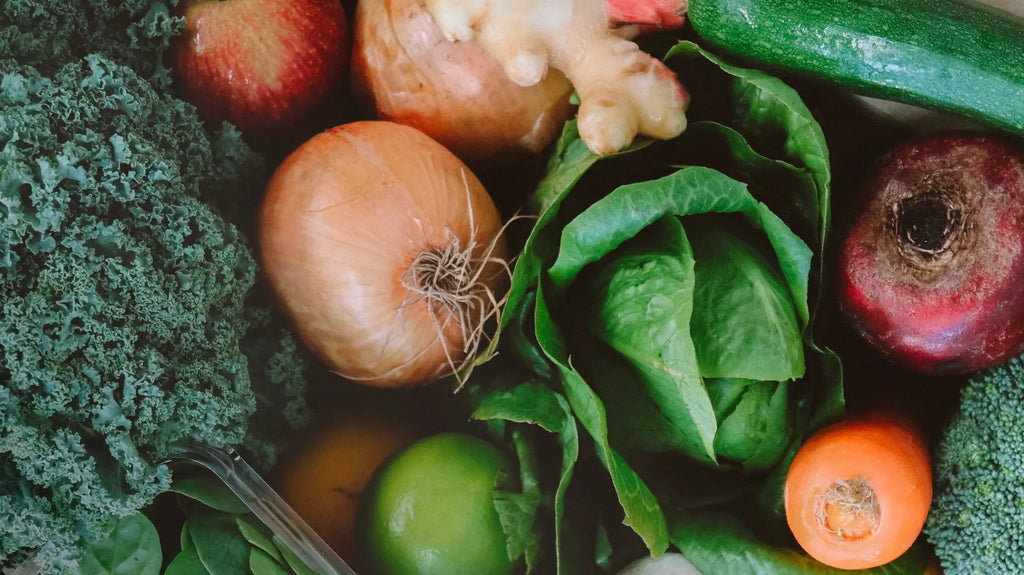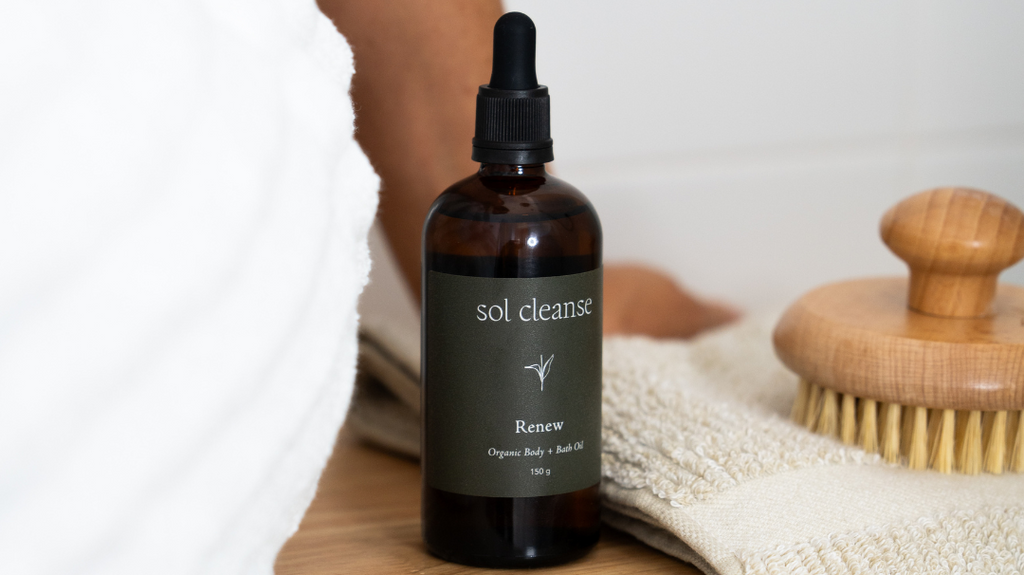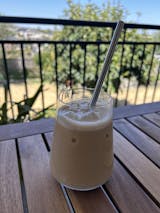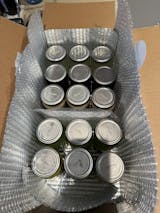By Erin Hall, Clinical Nutritionist at Sol Cleanse
Meat has become one of the most polarising foods on our plates. As a Clinical Nutritionist—and as someone who was vegetarian and vegan for nearly a decade—I want to share why I believe meat can absolutely have a place in a balanced, health-conscious life.
Food, in its most powerful form, should be valued not just for its nutrients, but also for its story, its energy, and its connection to culture and community. When we approach meat with this mindset, it becomes something to be respected, celebrated, and consumed with intention.
At Sol Cleanse, we stand by this philosophy. Our approach is rooted in whole, organic foods, traditional preparation and a deep respect for the life force behind everything we consume. We’re not here to tell you there’s only one way to eat. Instead, we encourage a self led, intuitive relationship with food. For many of us, that includes high quality, regeneratively raised meat.
The nutritional power of meat
When we strip away the labels and trends, what remains is the fact that meat, in its whole and unprocessed form, is incredibly nutrient dense. It’s one of the most bioavailable sources of key nutrients that many people struggle to get enough of—particularly those with higher needs like pregnant women, growing children or people with digestive issues.
Iron (especially heme iron), zinc, vitamin B12, vitamin A (in its active form, retinol) and high quality protein are just a few of the essentials that animal foods provide. These nutrients are critical for energy, immune function, mental clarity, hormone production and tissue repair.
Pairing meat with plant based foods like leafy greens, colourful vegetables, herbs and fermented foods— work together to help support nutrient absorption. Vitamin C in vegetables enhances the absorption of iron and zinc from meat, while fibre and polyphenols help reduce the formation of inflammatory compounds like TMAO (trimethylamine N-oxide). This combination also supports a healthier gut microbiome, playing a key role in immunity, metabolism and mental wellbeing.
The importance of quality and cooking methods
Just as not all plants are created equal (think wilted iceberg lettuce versus vibrant organic kale), not all meat is either. How the animal lived, what it ate, how it was treated and how the meat is processed all play a role in how it impacts our health.
We prioritise organic, locally sourced, grass-fed and finished, pasture-raised meats. These animals typically live more natural lives, free from synthetic hormones and routine antibiotics. Their meat is higher in omega-3 fatty acids, conjugated linoleic acid (CLA) and antioxidant rich vitamins like E and A.
How meat is cooked is just as important. Unfortunately, common high-heat cooking methods like barbecuing until the meat is blackened—can create compounds called heterocyclic amines (HCAs) and polycyclic aromatic hydrocarbons (PAHs), which have been linked to oxidative stress and inflammation in the body.
Compare that with slow cooking, braising or lightly pan-searing—methods we love here at Sol Cleanse. These gentler techniques preserve nutrient integrity, improve digestibility and support gut health. For example, slow cooked meats are rich in collagen and gelatin, which can help heal the gut lining and support skin and joint health.
What is regenerative meat?
Supporting local regenerative farmers isn’t just about choosing “cleaner” meat—it’s about aligning our food choices with a wider vision of environmental health. Animals raised regeneratively are typically moved through pastures in a way that mimics natural grazing patterns. This practice helps restore soil health, prevent erosion and enhance the land’s ability to retain water. In turn, it supports biodiversity, draws down carbon and produces more nutrient dense & ethically raised food.
By choosing meat from regenerative farms, we're not only nourishing our bodies with more nutrient dense food—we’re also participating in a food system that honours both the animal and the earth. It’s an act of respect and it’s the kind of change, we believe, people should be supporting. Read our journal What Is Regenerative Meat and Why It’s Important to learn more about this practice.
Finding your balance
There’s a common misconception that to be “healthy,” you must give up animal foods, or any food group entirely. But eliminating entire food groups doesn’t always lead to balance—it can sometimes create more stress and nutritional gaps.
At Sol Cleanse, and in my own approach as a nutritionist, is to emphasise quality over quantity. To eat meat in moderation, to understand where it comes from and to enjoy it as part of a diverse whole foods diet. True wellness is about diversity, quality, and listening to your body. It’s not about restriction—it’s about eating with presence, intention, and curiosity.
That might look like a plant-based bowl one day, and a high protein, slow-cooked organic lamb meal the next. It’s all valid. And it’s all part of a broader, more nuanced picture of what it means to nourish yourself.
Bringing meat into your diet can be deeply healing—especially when it’s prepared with love and shared with others.
Whether you’re making a bone broth to support your immune system through winter, or enjoying a hearty stew to rebuild your energy postpartum, your food should serve you in the season you’re in.
And that’s exactly what we aim to support through our healthy food meal delivery service at Sol Cleanse.





